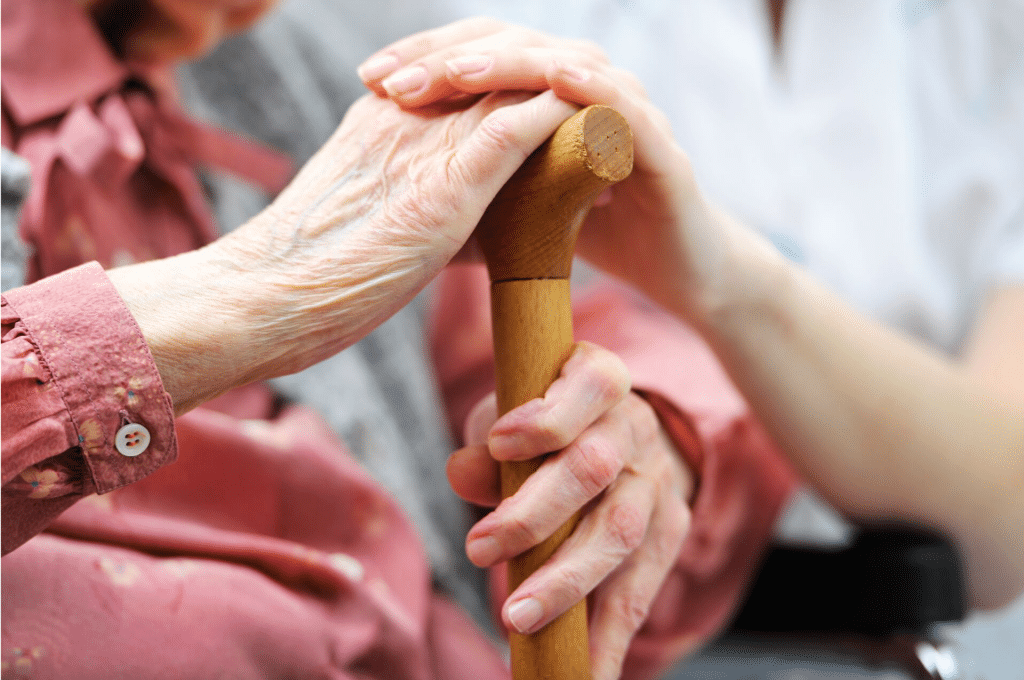
Nursing homes across the country have gotten a bad rap over the past decade. Some have been found guilty of negligence and have had people within that are malicious and cruel. That is absolutely inexcusable and they've been prosecuted. By and large, however, nursing homes provide care for our very aged or infirm loved ones when they cannot care for themselves any longer & when it is not even advisable for those who love them to care for them at home. An assisted living facility is a natural progressive step between living on their own and a fuller care facility, but some people must transition straight to increased care because of extreme health circumstances. In many circumstances, the decisions for these things are made by the facts of living situations. Assisted living facilities can only go so far with care, as they are not as fully staffed as nursing care facilities. They can check in with your loved one several times throughout the day and be there when necessary, but they cannot keep them safe if they have Alzheimer's or dementia. They can not do toileting duties or bedside care. So, how do you help a family member make a decision to go into care, or if they're not themselves, how do you decide for them?
- Assess the facts. Is the person safe? This should be the first priority in any situation. I've seen countless families struggle with the decision of a beloved family member going into care because they cannot afford a facility, or because they think it is more honorable to keep them at home. If however, that person is in danger because they have lost touch with reality and especially if they are prone to wander away from the home or engage in other dangerous activities (ie. Leaving the gas stove on or lighting fires) it is no longer safe for them to be at home. They need 24 hour care. And the last time I checked, there is not one person who can give 24 hour care, because you are not able to stay up continuously for 24 hrs a day, 7 days a week! You need a whole team of individuals to give that extent of care in order for everyone to be well rested, alert and safe.
- Take stock of whether they or their caretakes are able to take care of their physical needs. If they are able to feed themselves, bathe & toilet themselves without difficulty, they are probably fine to stay where they are. If there comes a day when they are unable to do these things without extensive help, it is time to consider a nursing home. If their abilities are lost because of a surgery or an injury, a nursing or rehab facility might only be temporary.
- Consider their quality of life. Sometimes the best way to make the decision is to look at the place where they will receive the best care. If you are the caretaker, for instance, and you are able to take care of the daily physical needs that they have, but are unable to get them out and about for any social interaction or activities because you also need to work from home in order to pay the bills, it might be time for a change. Their end of life should not consist in simply watching television.
- Be compassionate. When I encourage compassion, I am telling you to have compassion for the current caretakers in the situation they're in. If that is yourself, have compassion on yourself. If it is staff at an assisted living or rehab facility, have compassion on them. And finally, have compassion on the person who needs care. It is necessary to have a balanced view of compassion in this situation, because oftentimes people place all their care & compassion on the individual that needs extra care to the exclusion of their own health and well-being or to the exclusion of listening to another caretaker. This is a recipe for burnout and bitterness. Our loved ones would never want their care to become such that it affects the health and well-being of their caretakers. So, practice compassion. And if you determine that it is time for a change, begin the process. Do expect that there may be some difficult times ahead when you are discussing this with your loved one. There may be anger, feelings of abandonment and betrayal. You would probably feel the same in those circumstances.

This decision is stressful for family, and might be devastating to the individual that needs to enter care. If they are not fully in their right mind, it can be even more difficult for them to accept or understand. It is especially important to maintain contact with them during the transitional time, whether they are angry or not. Once they are settled, re-establish a routine so that they know you'll still be involved in their lives, that you love and care for them and that you're not abandoning them to go off and enjoy a worry-free life.
Above all, keep your head throughout the process. It's difficult, but it is just that, it is a transition and it is not the end of the road. Encourage them, encourage the rest of your family. You'll need a team of positive people to get through the next stretch of the journey, so be one of those people yourself!

